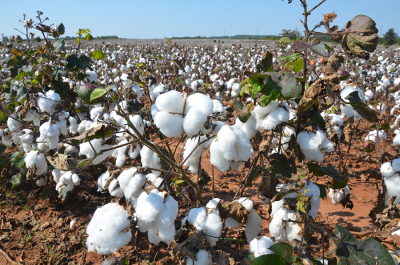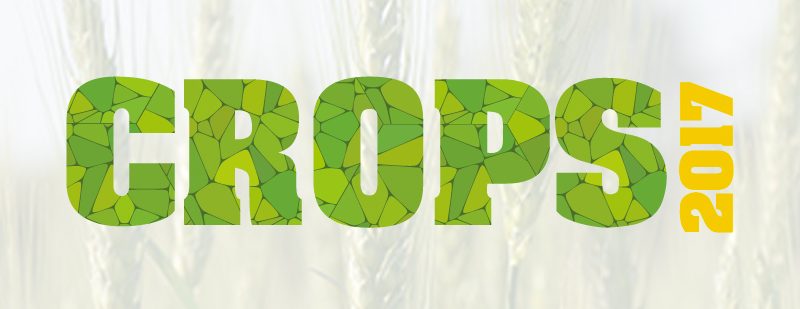Huntsville, Ala. ━ A Clemson University and HudsonAlpha Institute for Biotechnology project to explore the cotton genome and how it reacts differently in micro-gravity and normal gravity has been selected as a winner in the Cotton Sustainability Challenge. The Challenge, run by the Center for the Advancement of Science in Space, and sponsored by Target Corporation, provided researcher and innovators the opportunity to propose solutions to improve crop production on Earth by sending their concepts to the International Space Station (ISS) U.S. National Laboratory.






